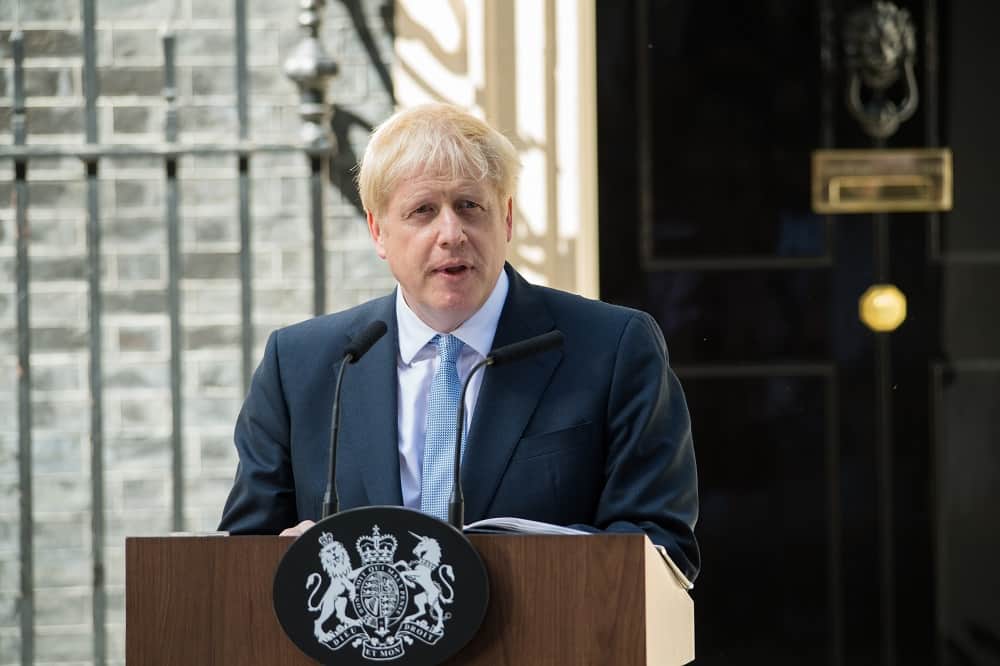
‘Global Britain’ ready for the world stage
The UK rises to the occasion with a forward-looking, tech-driven roadmap underscoring domestic and international resilience
There has been much speculation around the ‘Global Britain’ slogan adopted by the UK, but the vision is now clearer with the recent publication of the Integrated Review of UK’s Defence, Security, Development and Foreign Policy. More than just branding, ‘Global Britain’ is a forward-thinking and tech-driven roadmap towards domestic and international resilience.
Britain’s declaration of its international ambitions comes at a time when liberal alliances are fraught, nations struggle from societal polarisation, and democracy is being undermined. Thus, it is heartening to see the Review underscore the UK’s unique strengths and why the world welcomes this incarnation of Global Britain.

The Review quells fears of nationalism and protectionism as the UK embraces the global environment to reaffirm its global leadership role. The groundwork behind Global Britain was already being laid before the pandemic hit and throughout 2020. This approach was evident when Britain introduced the “Magnitsky” sanctions in defence of human rights, committed £5.18 million to the COVAX initiative providing vaccines to developing countries, and provided expertise in genome sequencing for tracking new variants.
There are four overarching objectives highlighted in the Review: focusing on science and technology innovations to sustain competitive advantage, revitalising international presence and relations, strengthening defence both at home and overseas, and building domestic and international resilience.
The vision for Global Britain intersects with the Levelling Up agenda of introducing innovations in science and technology to enhance the nation’s digital capabilities. At the core of this objective is harnessing intellectual and human capital by attracting “the best and the brightest” through the Global Talent Visa programme. Commitments to research and development aim to drive regional economic growth in the UK.
Emphasis on internationalism is underway with trade agreements already secured with 66 non-EU countries, underscoring the importance of the Indo-Pacific region to Britain’s prosperity and security. The UK recently struck a free trade deal with Japan via the Trans-Pacific Partnership (CPTCC) in an effort to open up to a broad range of markets.
The UK’s goal to become “the broadest and most integrated” European presence in the Indo-Pacific region involves seeking closer diplomatic and trading relations with the different countries through existing structures like ASEAN and CPTCC. The Review also recognises China’s growing impact in the UK and crafts a robust diplomatic approach to pursue positive trade and investment relations while protecting national interests and security.
Finally, the framework acknowledges Britain’s soft power and its cultural impact on the world as unique assets that can drive Global Britain forward. As a leader in global governance and diplomacy, the country is certainly well-equipped to rise to the challenges presented by this new world order. But explicit in the Review is that the UK cannot achieve its objectives alone.
Harnessing Britain’s unique attributes to their full potential will require collaboration and strategic partnerships as Global Britain reaffirms old alliances and forges new ties towards domestic and international resilience. To this end, this Review underscores Britains readiness to excel on the world stage.






